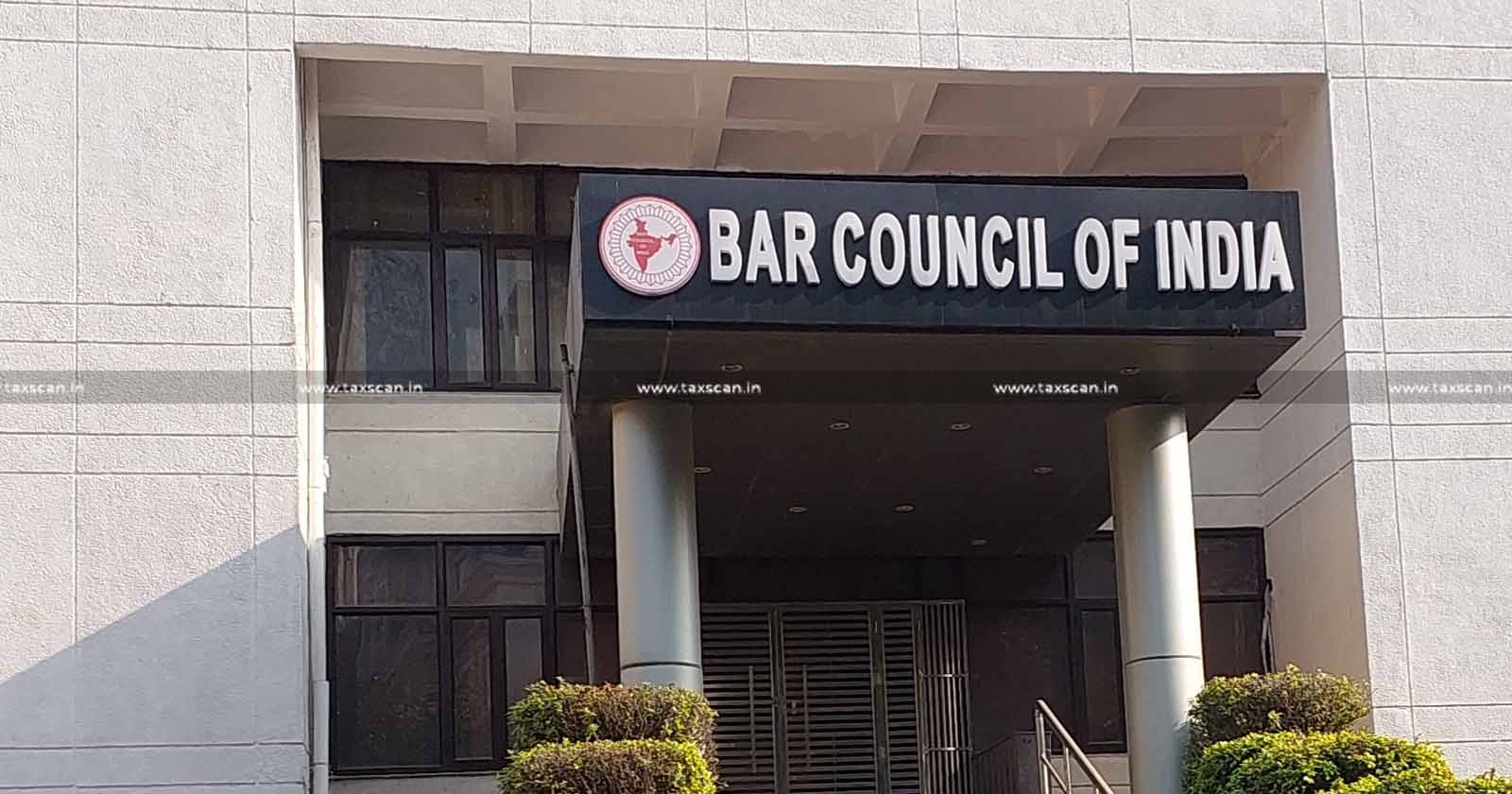BCI Notifies Rules for Foreign-National Advocates to Enrol and Practice Law in India [Read Notification]
The rules also clarify that foreign nationals cannot claim any automatic right to practise the law of their own home country unless independently permitted under that country’s laws.
![BCI Notifies Rules for Foreign-National Advocates to Enrol and Practice Law in India [Read Notification] BCI Notifies Rules for Foreign-National Advocates to Enrol and Practice Law in India [Read Notification]](https://images.taxscan.in/h-upload/2025/11/15/2105478-bci-foreign-national-advocates-practice-law-in-india-taxscan.webp)
The Bar Council of India (BCI) has notified the Bar Council of India Rules on Enrolment and Practice of Foreign Nationals, 2025, establishing a comprehensive regulatory framework governing how foreign nationals may be permitted to practise law within India.
Application and Eligibility
The rules apply to all nationals of countries other than India who seek to practise law in Indian jurisdictions, whether they hold a law degree from an Indian university or from a foreign university. Intending advocates would not be able to practice in India by virtue of their degree alone, rather, the rules impose strict eligibility conditions, procedural safeguards and regulatory limitations.
Reciprocity Requirement
A central feature of the framework is the reciprocity requirement. A foreign national may be considered for enrolment only if citizens of India, duly qualified in law, are permitted to practise law in that foreign national’s home country on substantially equivalent and reciprocal terms.
The Bar Council of India will publish and update the list of reciprocal jurisdictions after consultation with the Ministry of External Affairs. Furthermore, the Bar Council of India shall maintain the power to make the final and determinative decision on whether reciprocity between both nations is final.
Comprehensive Guide of Law and Procedure for Filing of Income Tax Appeals, Click Here
 Also Read:Do Children Pay Income Tax in India? Understanding the Fiscal Liabilities of Minors This Children’s Day 2025
Also Read:Do Children Pay Income Tax in India? Understanding the Fiscal Liabilities of Minors This Children’s Day 2025
Permitted Scope of Practice
Foreign nationals with a recognised Indian law degree may engage only in non-litigious practice of Indian law, limited to advisory, consultancy, documentation and transactional work. They have no right of appearance before any court, tribunal or authority.
Foreign nationals without an Indian law degree cannot practise Indian law at all. Foreign nationals who have obtained their law degrees from foreign jurisdictions shall restrict their practice to foreign law, international law and international commercial arbitration only, strictly in accordance with the Bar Council of India Rules for Registration and Regulation of Foreign Lawyers and Foreign Law Firms in India, 2022, as amended in 2025; furthermore, they are expressly barred from giving any opinion on Indian law.
However, the rules preserve the discretionary power of courts under Section 32 of the Advocates Act, 1961 to permit appearances in specific matters.
Restrictions on Bar Membership and Entitlements
Enrolled foreign nationals cannot be members of any State Bar Council or Bar Association, cannot vote in Bar elections and cannot hold or contest for any Bar office. They cannot represent Bar Associations or councils in any capacity. They also do not have access to welfare schemes, legal-aid panels, government empanelment or examinations for judicial or legal services unless expressly permitted by the competent government.
A distinct “FNR” enrolment number is to be issued for every intending foreign national, and the enrolment certificate must prominently state that only non-litigious practice is allowed.
 Also Read:[Taxscan Exclusive] No Cause for Panic over BCI Affiliation, Will Submit Report before Kerala HC: GLC Kozhikode Principal Clarifies to Taxscan
Also Read:[Taxscan Exclusive] No Cause for Panic over BCI Affiliation, Will Submit Report before Kerala HC: GLC Kozhikode Principal Clarifies to Taxscan
Visa and Work Authorisation Requirements
No foreign national may practise law in India without a valid visa or work permit issued by the Ministry of Home Affairs specifically authorising legal practice. Visa conditions are binding on enrolment, and any violation may result in immediate suspension or cancellation. Practising law without such authorisation constitutes professional misconduct in addition to violating immigration norms.
Comprehensive Guide of Law and Procedure for Filing of Income Tax Appeals, Click Here
Professional Conduct, Discipline and Cancellation of Registration
Foreign nationals are subject to the same professional standards as Indian advocates and fall under the disciplinary jurisdiction of State Bar Councils and the Bar Council of India under the Advocates Act.
‘Misconduct’ includes violation of these rules, breach of professional standards or practising without valid authorisation. Registration may be suspended or cancelled if reciprocity ceases, if visa or work authorisation becomes invalid, if misconduct is established, if enrolment was obtained by fraud, or if the Central Government directs cancellation on grounds such as national security or public interest.
 Also Read:Supreme Court Dismisses Revenue's Appeal Against Central Bank as 'Infructuous' as Disputed Money Remitted to GST Dept.
Also Read:Supreme Court Dismisses Revenue's Appeal Against Central Bank as 'Infructuous' as Disputed Money Remitted to GST Dept.
Protection of Rights of Indian Advocates
Nothing in the 2025 Rules dilutes or affects the exclusive right of Indian Advocates to appear before courts, tribunals and authorities; such rights remain vested solely in advocates enrolled under the Advocates Act, in accordance with Sections 29, 30 and 33.
The rules also clarify that foreign nationals cannot claim any automatic right to practise the law of their own home country unless independently permitted under that country’s laws.
The framework ultimately opens India’s legal arena to foreign participation while placing adequate safeguards to protect the interests of the nation and the professionals within.
Support our journalism by subscribing to Taxscan premium. Follow us on Telegram for quick updates


